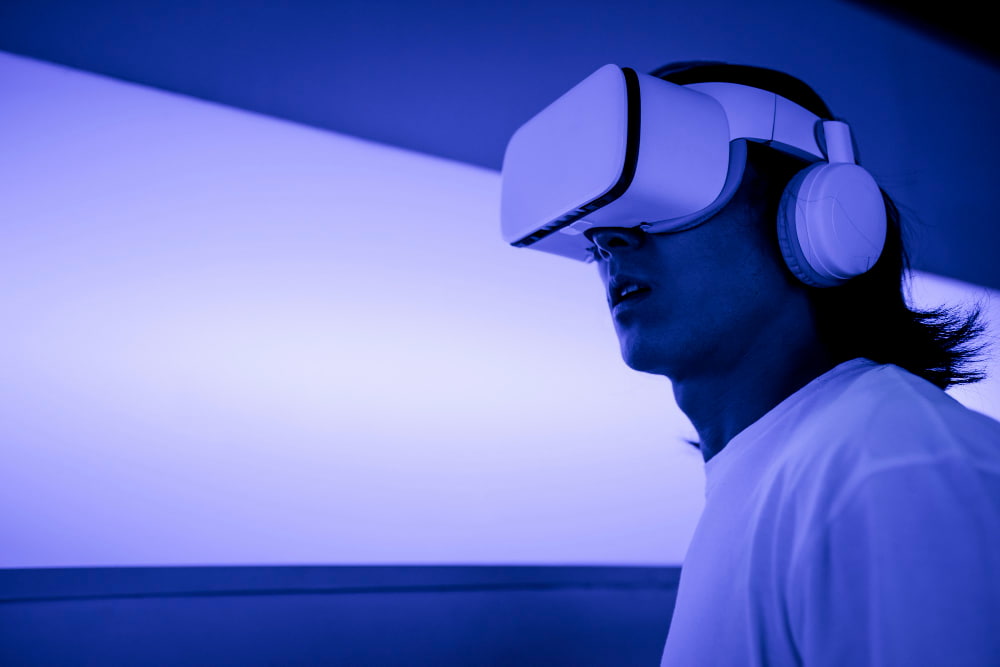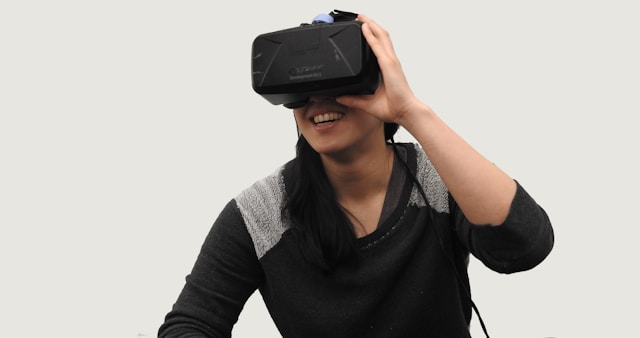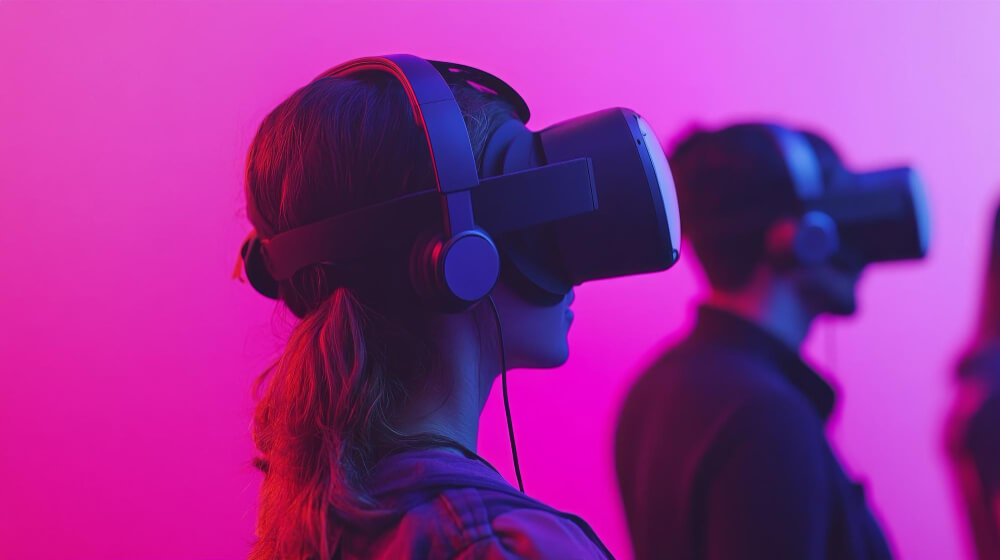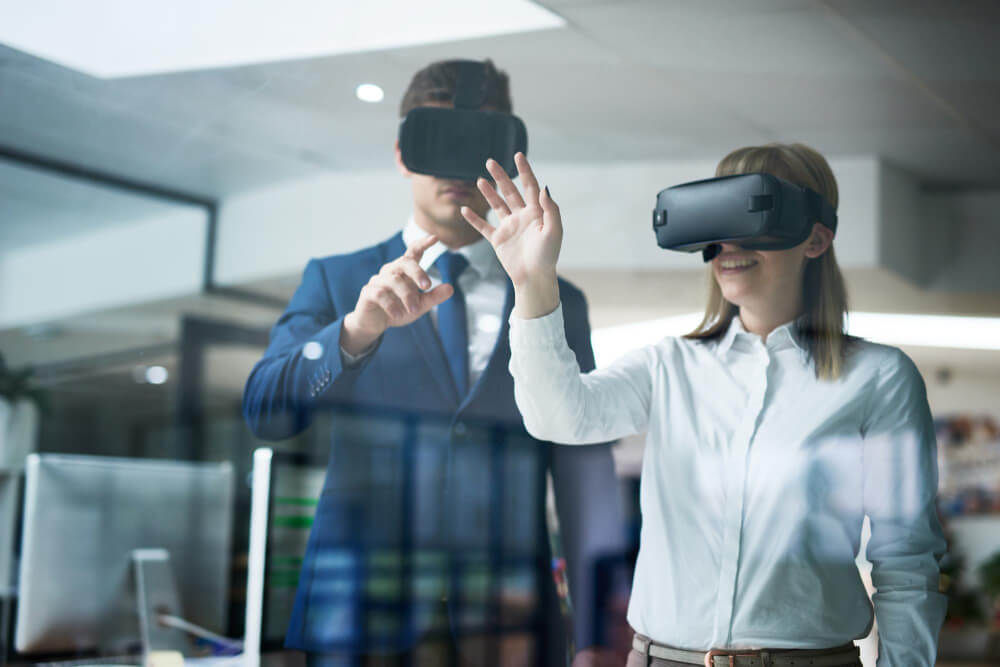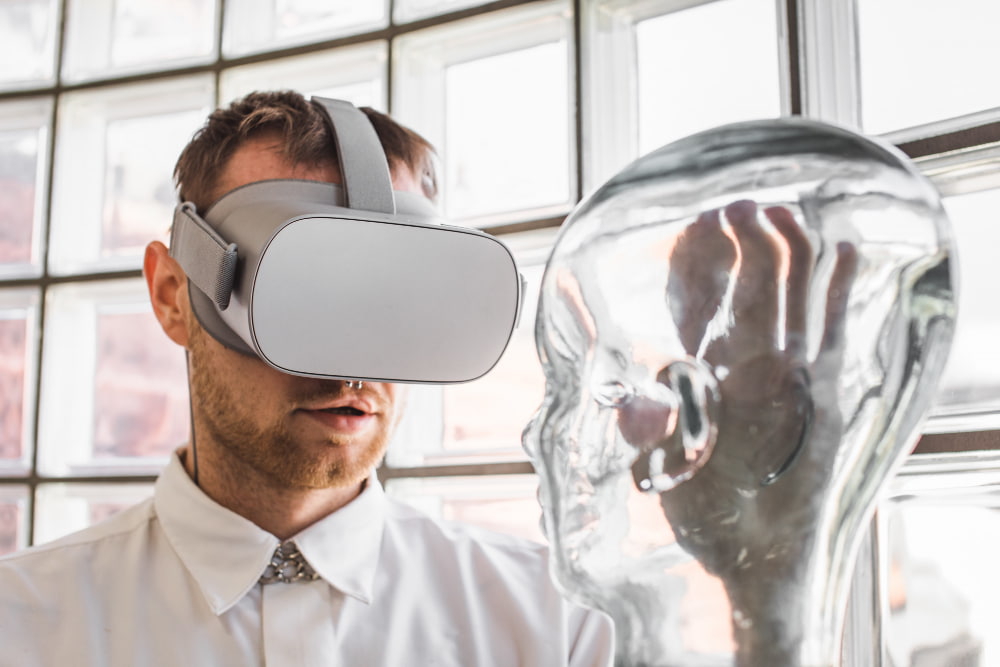Why VR Training Matters: Key Insights and Advantages
Table of Contents:
Why use virtual reality for training? Simply put, the number of niche (but nonetheless important) use cases is immense. The variety of key skills you can cultivate means over time, your employees will end up leaving the competition in the dust. Sure, building such an advantage from the ground up requires time, an upfront investment and comes with a bit of a learning curve. But in this article, we’ll try to convince you that this potential can make an enormous difference.
What Is VR Training?
Let’s set a ground definition first before analyzing the topic in-depth. VR training involves implementing a virtual reality system to enhance your company’s learning and development department. Using life-like simulations, your employees can develop critical skills that would normally be quite tricky to gain experience in.
What Do I Stand to Gain with VR Training?
That’s a great question. As of right now, the technology is still certainly considered unorthodox, with plenty of skepticism surrounding its overall value. Let’s analyze some key factors that let you build up an advantage by using VR.
Expanded Workforce Development
As mentioned previously, some skills are more difficult to acquire than others. That doesn’t mean they’re not worth acquiring, however—quite the opposite. It’s precisely these rarely-practiced skills that can elevate the value of each individual employee and help you outsmart the competition.
- Unusual Scenarios: Depending on your industry (or even the nature of your specific business), some situations simply happen much more frequently than others. Nevertheless, adequately training your workforce to enable them to deal with anything the world throws at them makes sure they won’t fumble in critical moments.
- Sensitive Topics: Effective VR training can also help you tackle tricky subjects in not-so-obvious ways. Reskilling the older generations with VR could be one such example, setting an anti-ageism precedent and leveraging the experience and knowledge of Silver Generation employees while simultaneously removing possible technological barriers
- Health Hazards: Individuals working across many sectors, such as healthcare, manufacturing, or emergency services, often come upon dangerous situations in their day-to-day. While traditional training methods do serve a purpose, incorporating VR training solutions unlocks an entirely new way to prepare the workforce for the worst with absolutely zero risk to their health.
Improved Knowledge Retention & Faster Skill Acquisition
VR training doesn’t just improve what you train, it affects how you train. Immersive experiences like these have been shown to boost knowledge retention quite significantly when compared to more conventional methods of training.
On top of that, the tempo at which employees can gain these skills goes up as well. Since there’s no expert to pay and no training material to prepare ahead of time other than the program itself, employees can repeat the training as often as they like. This greatly accelerates the learning curve and makes the process much quicker.
Data-Driven Insights
To maximize the value of VR training systems, these applications often have built-in performance tracking capabilities. This lets you measure employee effectiveness over time and draw conclusions based on factual data to keep the learning programs—and by extension, your company—steadily moving forward.
Why Use Virtual Reality for Training? The Takeaway
The benefits of implementing VR we outlined above should hopefully convince you why using virtual reality for training is worth it. Coupled with a structured implementation approach, you can achieve truly incredible results, provided you choose the right supplier.
If you’re ready to take your training efforts to the next level, contact us at Mazer Space. We provide professionals across various industries with cutting-edge learning tools that bridge the gap between VR and real life.

Author: Rafał Siejca
Rafal has over twenty years of corporate experience, including roles at Millennium Bank, Comarch, and leading software teams at PZU, one of Europe’s largest insurance companies. As one of Poland’s few true VR experts with a decade of experience, he ensures timely, high-quality project delivery as CEO and CTO.

